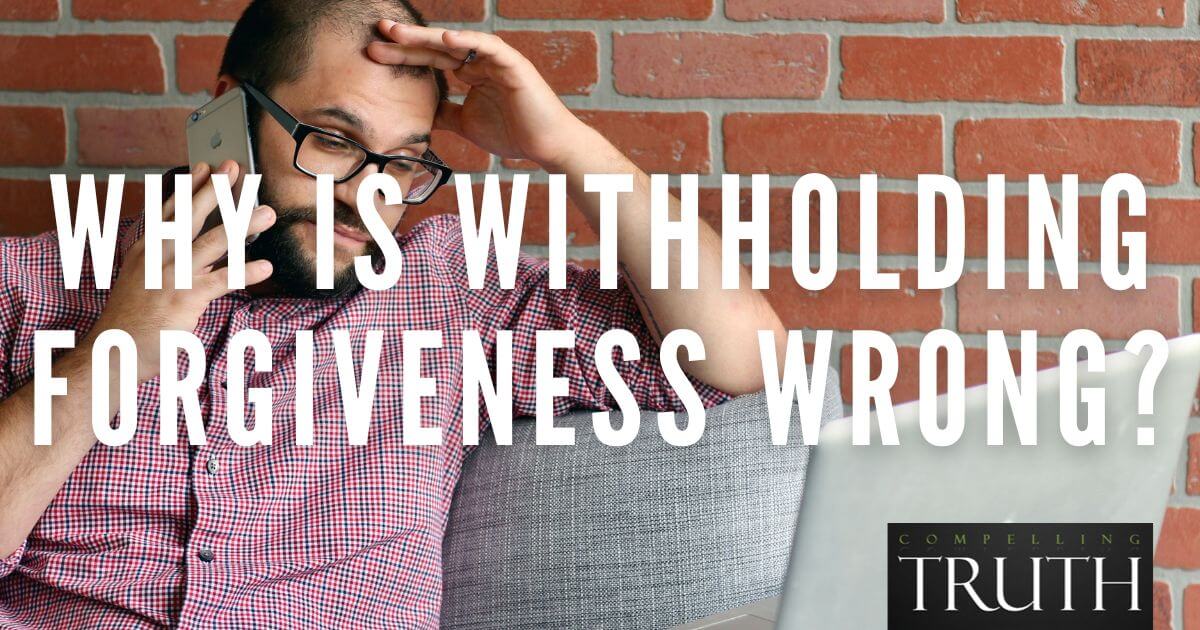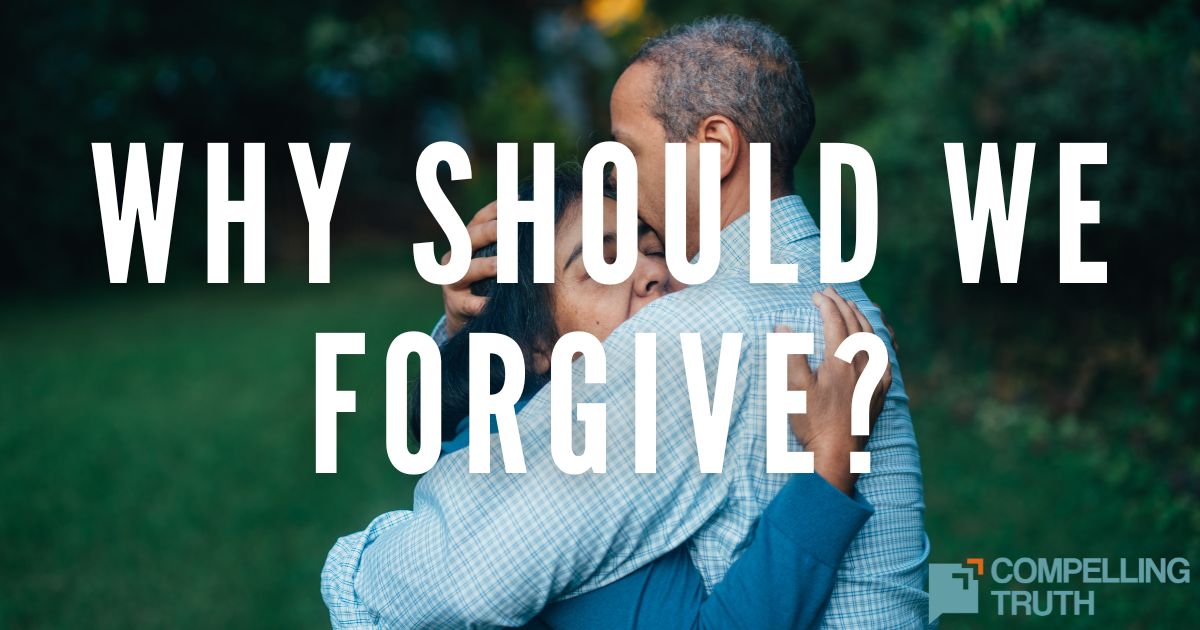The Bible calls believers to forgive. We who have been forgiven much–our sin–are called to forgive much as well. While repentance is essential for divine forgiveness, human forgiveness is still commanded even when the offender does not ask for it. Why? Because forgiveness acknowledges that we trust in the God who will right all wrongs. He is just and good and we can entrust our hurts to Him. This does not mean we ignore justice or forget the hurt—it means releasing the offense to God, setting boundaries, and refusing to be ruled by bitterness. Joseph and David showed a heart of mercy and forgiveness rooted in trust in God, not dependent on the other person’s apology. Jesus demonstrated this on the cross and taught that forgiveness is a non-negotiable part of following Him. We forgive because we have been forgiven, and we trust that God sees, understands, and will one day right all wrongs.
Forgiveness is one of the hardest commands to live out, especially when the person who hurt us hasn’t apologized or changed. But those of us who have been forgiven by God are called to forgive, not because the other person deserves it but because we didn’t either. Forgiveness doesn’t mean pretending the offense never happened or ignoring the pain it caused. It means releasing the debt, refusing to hold on to bitterness, and leaving justice in God’s hands.
Forgiveness is also not forgetting—it’s remembering what happened to us, choosing to respond with grace, and setting wise boundaries to protect ourselves from further harm. It also means recognizing that God is sovereign and in control and will one day right all wrongs. He will hold accountable those who have wronged us. We can entrust the people who are not asking for forgiveness in God’s hands, knowing that His ways are best. He mourns at injustice and wrongdoing, and He assures us that He will one day judge in righteousness.
In the meantime, holding onto bitterness and refusing to forgive someone only holds us hostage to sinful attitudes and has negative consequences. If you’re struggling to forgive, take your hurt to God. He understands, and He’ll help you walk in both truth and love. As we reflect God’s mercy, we give the same gift that changed our lives—grace freely given.




